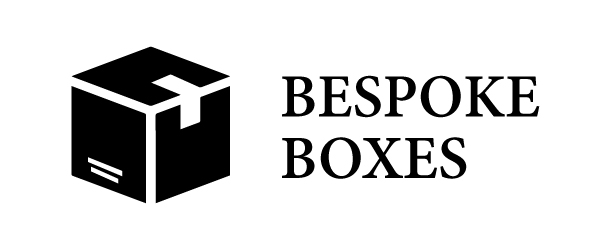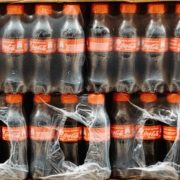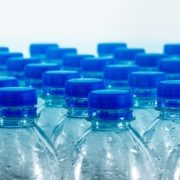Income from Plastic Tax
The UK Plastic Tax was introduced to encourage more sustainable packaging solutions. It also provides a means of generating funds to enhance the UK’s packaging reprocessing facilities. However, awareness of the scheme was low when it was rolled out in April 2022, so is it making a difference?
What is the Plastic Packaging Tax?
Packaging manufacturers, retailers and businesses using over 10 tonnes of plastic packaging per year are required to record information that determines the tax they pay. The exceptions include packaging that contains a minimum of 30% recycled material and packaging for human medicines.
Since the introduction of the Plastic Tax, there has been a shift. Look at plastic bottles on the supermarket shelf and you’ll notice a higher volume of those made with 30% recycled plastics.
Equally, packaging manufacturers have seen an increase in enquiries about biodegradable alternatives. These include materials resembling plastic, yet made from corn starch and seaweed. There have also been moves to replace plastic packaging with tins, glass and cardboard. So, the tax is driving change.
What’s more, Defra has announced that in the first year to April 2023, over 400 firms registered and £276 million was collected in Plastic Tax. That was even though around 40% of recorded data was for exempt plastic packaging.
Action on Microplastics
Defra has also been reviewing the use of microplastics in household products. There have already been bans on microplastic use in soaps, face scrubs, toothpaste, shower gel and other personal care items. The review could result in further moves being made to minimise their use.
Further reading:
https://www.gov.uk/guidance/check-if-you-need-to-register-for-plastic-packaging-tax
https://www.sustainability-beat.co.uk/2023/08/25/defra-microplastics/







